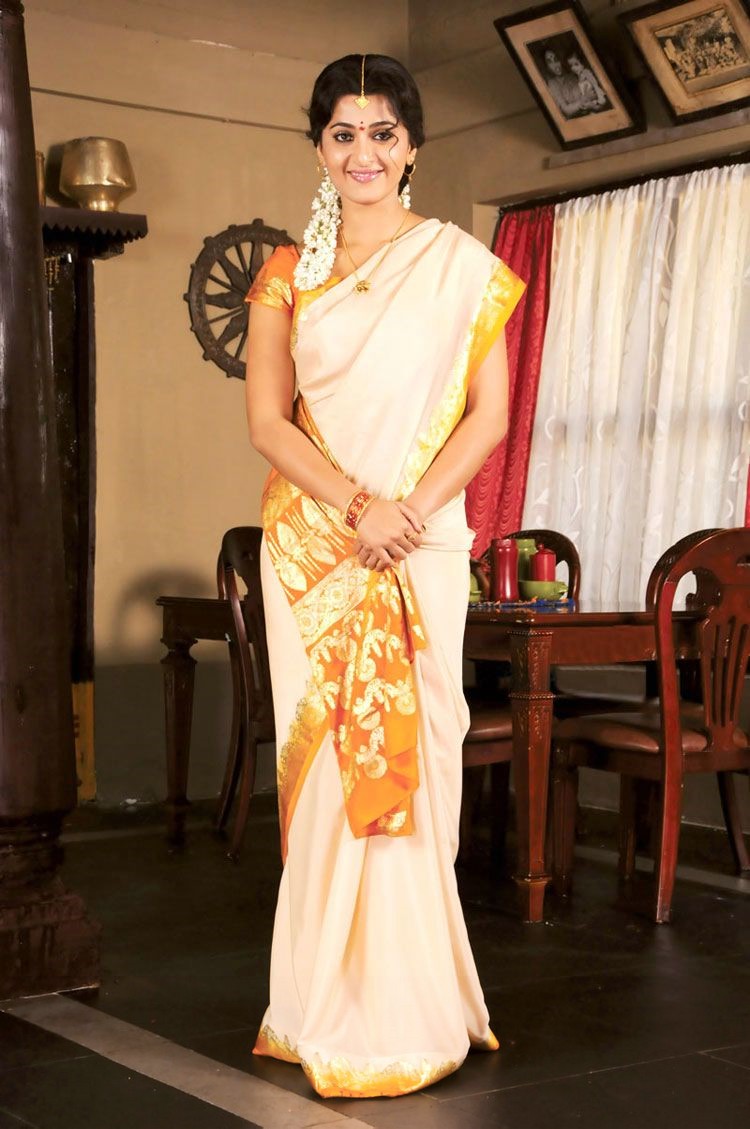
Today is ONAM Tech Support Forum
The most popular traditional dress for women in Kerala is the mundum neriyathum. It is a two-piece dress consisting of a mundu (a long, white cotton cloth) and a neriyathu (a shorter cloth with a gold border).
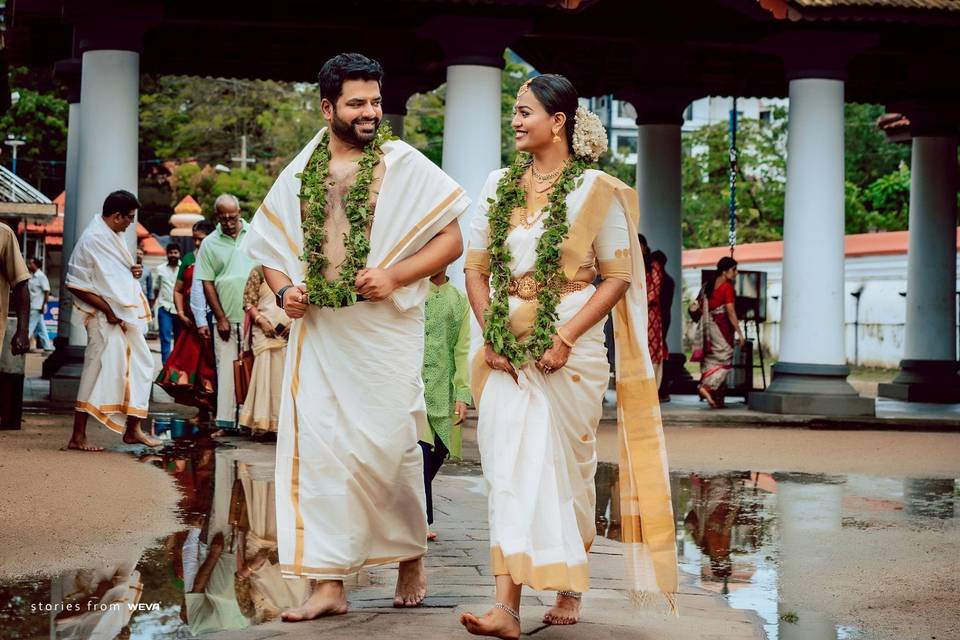
Ghanaian Traditional Dress Cheapest Factory, Save 48 jlcatj.gob.mx
Kasavu Saree: Elegance Redefined The kasavu saree, predominantly worn by women, is a symbol of elegance. With its off-white base and golden border, this saree has transcended time and fashion trends. Men's Traditional Attire: Mundu and Shirt Kerala's men embrace the comfort and sophistication of the mundu paired with a shirt.

Discover 135+ kerala traditional dress name best jtcvietnam.edu.vn
Traditional clothing of women in Kerala is the 'Kerala Saree' or the mundum neriyathum. This is in two pieces, one is draped on the lower part of the body and then the neriyathu is worn over a blouse. It was tradition to have it tucked inside the blouse but in modern times it is worn over the left shoulder.

Discover 100 what is the traditional dress of kerala Abzlocal.in
The traditional wear of the state is called 'Mundu' which is worn on the lower portion of the body, from the waist to the foot. It is white and is worn by both men and women. It resembles a long skirt or a dhoti. The upper garment varies with gender and age. This dress is worn in Kerala, Tulunadu region and Maldive islands.

78 Best images about Dresses & Costumes Of Kerala on Pinterest Traditional, Traditional sarees
Santosh, January 14, 2023 Today we welcome you to the land of Kerala, where tradition and style come together to create the most beautiful traditional dress you'll ever lay your eyes on. When you are exploring Kerala it is more like walking into a living, breathing fashion show!
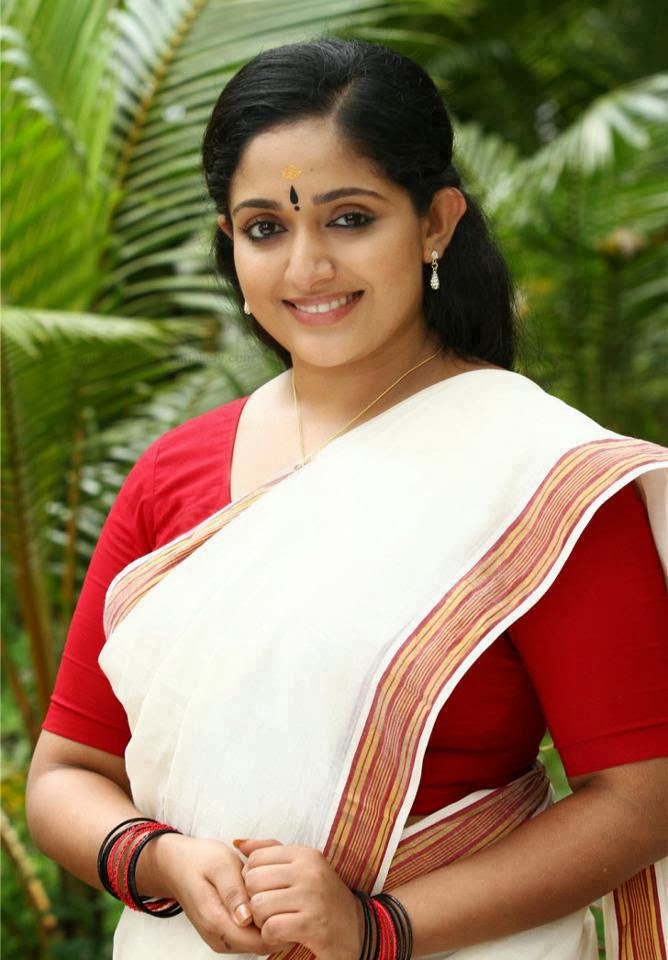
Indian Travel Kerala women traditional dress
Mundu refers to a white cloth that is wrapped around the lower waist and seems to be similar to a dhoti or a long skirt. It is worn by both men and women alike. The white Mundu perfectly represents the simplicity of the lives of the people here. It also sometimes differs based on religion for Christian women prefer to wear a pleated Mundu.
CULTURAL DRESS CODE OF KERALA September 2011
· Mundu or Lungi: Typical Traditional Dresses of Kerala for Men What is the traditional dress of Kerala? One type of kerala traditional dress male bottom attire known as lungi has gained popularity throughout India, not just in Kerala. People of kerala wearing Lungis are common in Kerala and other Southern states.
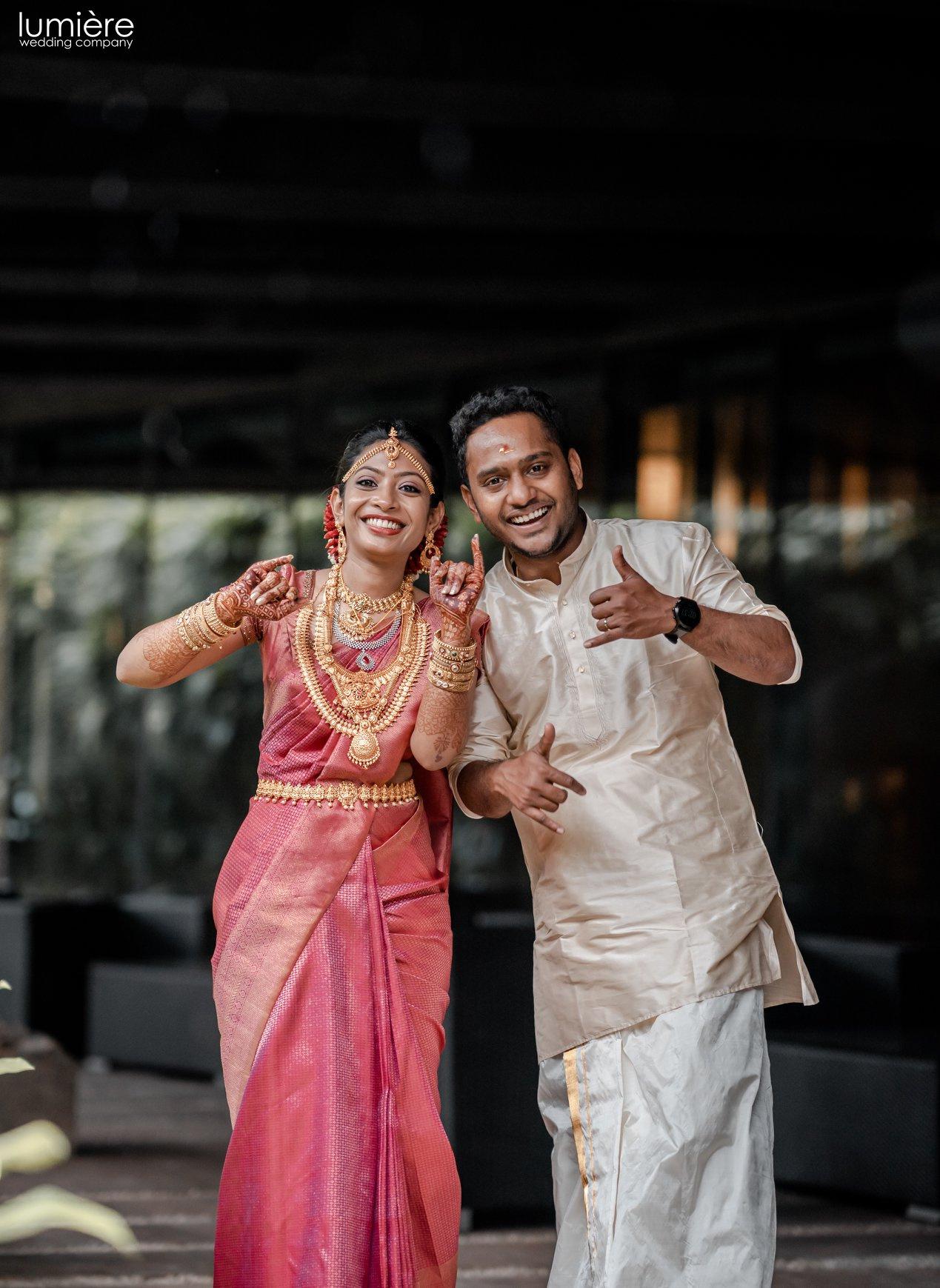
Know All About Kerala Traditional Dress More Than White Gold
For men, the traditional attire is called "Mundu." It's a long piece of cloth wrapped around the waist and extends to the feet. It's usually white or cream in color and is often paired with a shirt. In formal or festive occasions, men may also wear a "Mel Mundu" which is draped over their shoulder.

Traditional Dresses and Ornaments of Kerala Devendra Singh Blog
The traditional dress of the men in Kerala is the mundu which is a piece of fabric wrapped around the waist and it is long enough to flow down upto the feet. Similarly, Mundu neriyathu is a two piece dress worn by the women. It is the traditional costume of the Hindu women. The Christian women wear a chatta (blouse) and mundu.
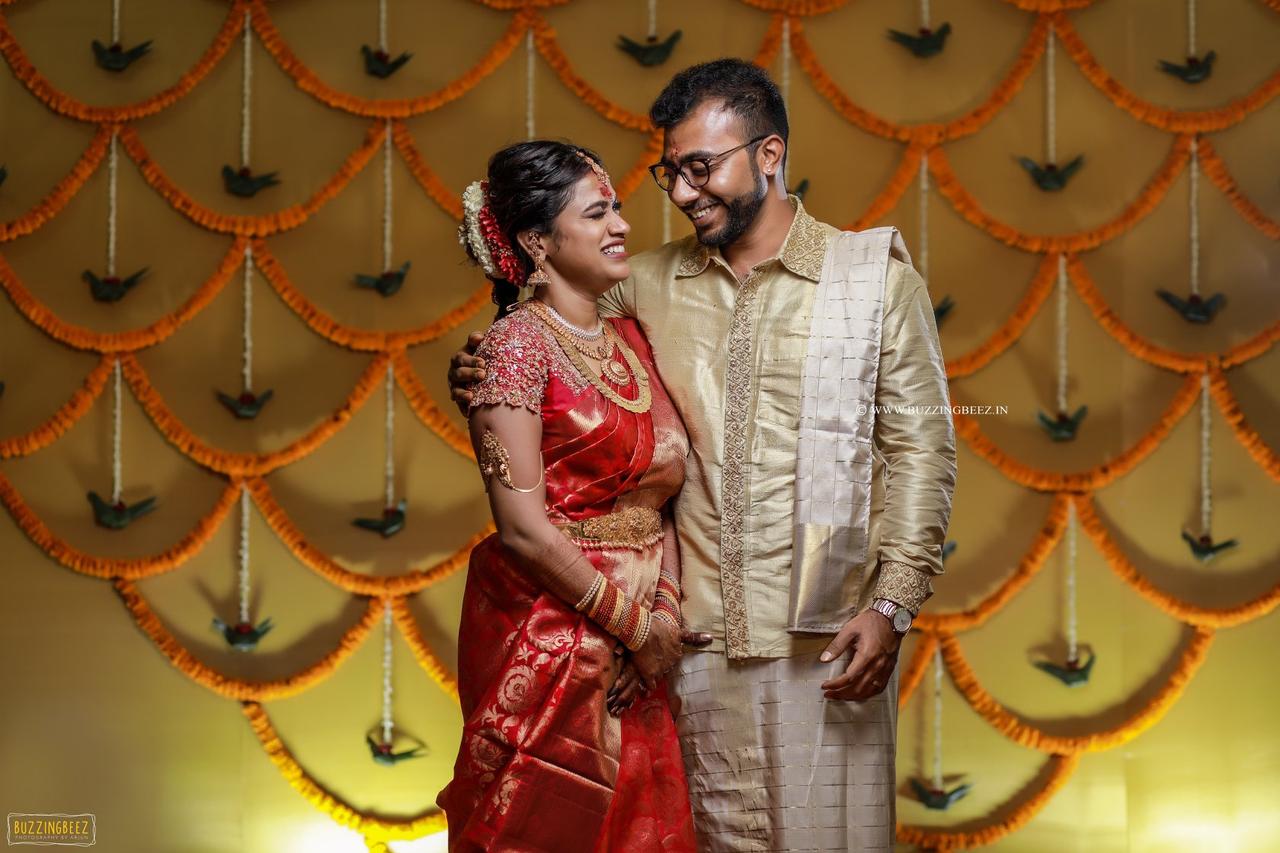
Top more than 123 kerala traditional dress male seven.edu.vn
The traditional dresses for the men are ancient; they wear white colour costumes, which are called the Mundu. In the olden days, men wore no cloth on the upper part of the body. The upper caste drapes a piece of material on the shoulder. The occurring changes in tradition and society, the men are wearing the shirt with white colour.
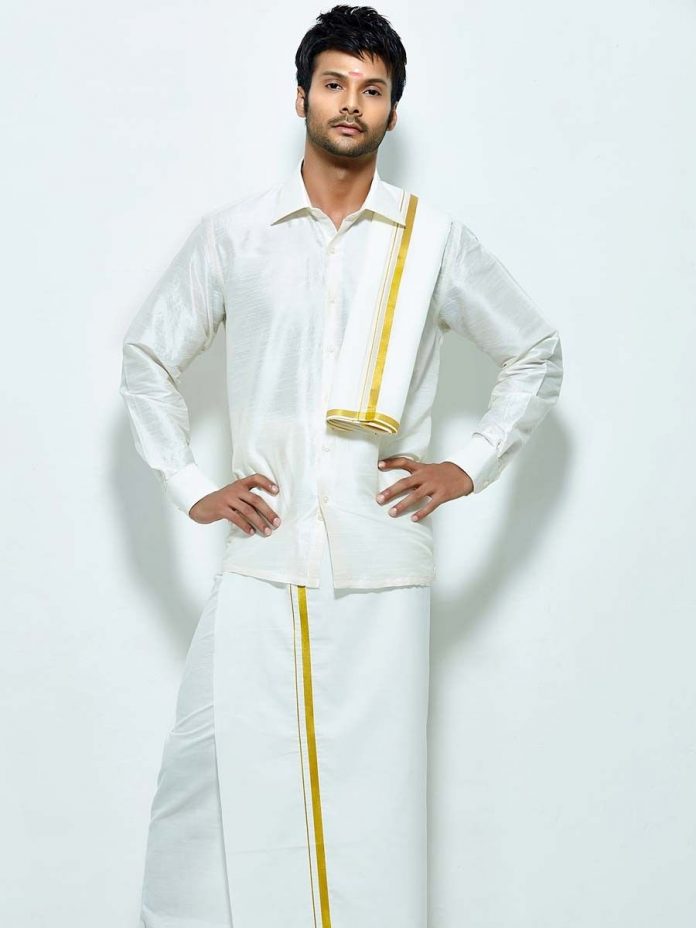
Textiles of Tamil Nadu Textile Magazine, Textile News, Apparel News, Fashion News
The most traditional costume for the men of Kerala is the "Mundu" which is mostly white in colour. It is worn tightly at the waist with a knot and comes down till the feet. Women following Hinduism wear a blouse and mundu known as "Mundu neriyathu". Women following Christianity wear a blouse known as "chatta" and a mundu that folds.

TRADITIONAL CLOTHES OF 29 STATES IN INDIA UnrefinedBloom
Female: Female Fashion Download Hubble Evolution of Kerala's Traditional Clothing History of Kerala's Clothing Kerala's clothing has a long history that dates back to ancient times. Cotton and silk were the main fabrics used. Men wore the Mundu, while women wore the Sari. Changes in Kerala's Clothing over Time

Top more than 123 kerala traditional dress male seven.edu.vn
Overall, the Mundu Neriyathu is an essential part of Kerala's traditional clothing and culture. It is a versatile garment that can be worn by both men and women and is available in different styles to suit various occasions. The Mundu is a symbol of Kerala's rich heritage and tradition and is deeply ingrained in the state's cultural identity.

kasavukada Google Search South indian culture, South india, Kerala saree
How is a Mundu Worn? Let us take a closer look at the traditional dress of men in Kerala, known as the mundu or lungi. As mentioned above, mundu is the lower garment worn by most men, and especially during any festival and traditional ceremonies. The mundu is a white cotton cloth that is wrapped around the waist and tied with a knot.
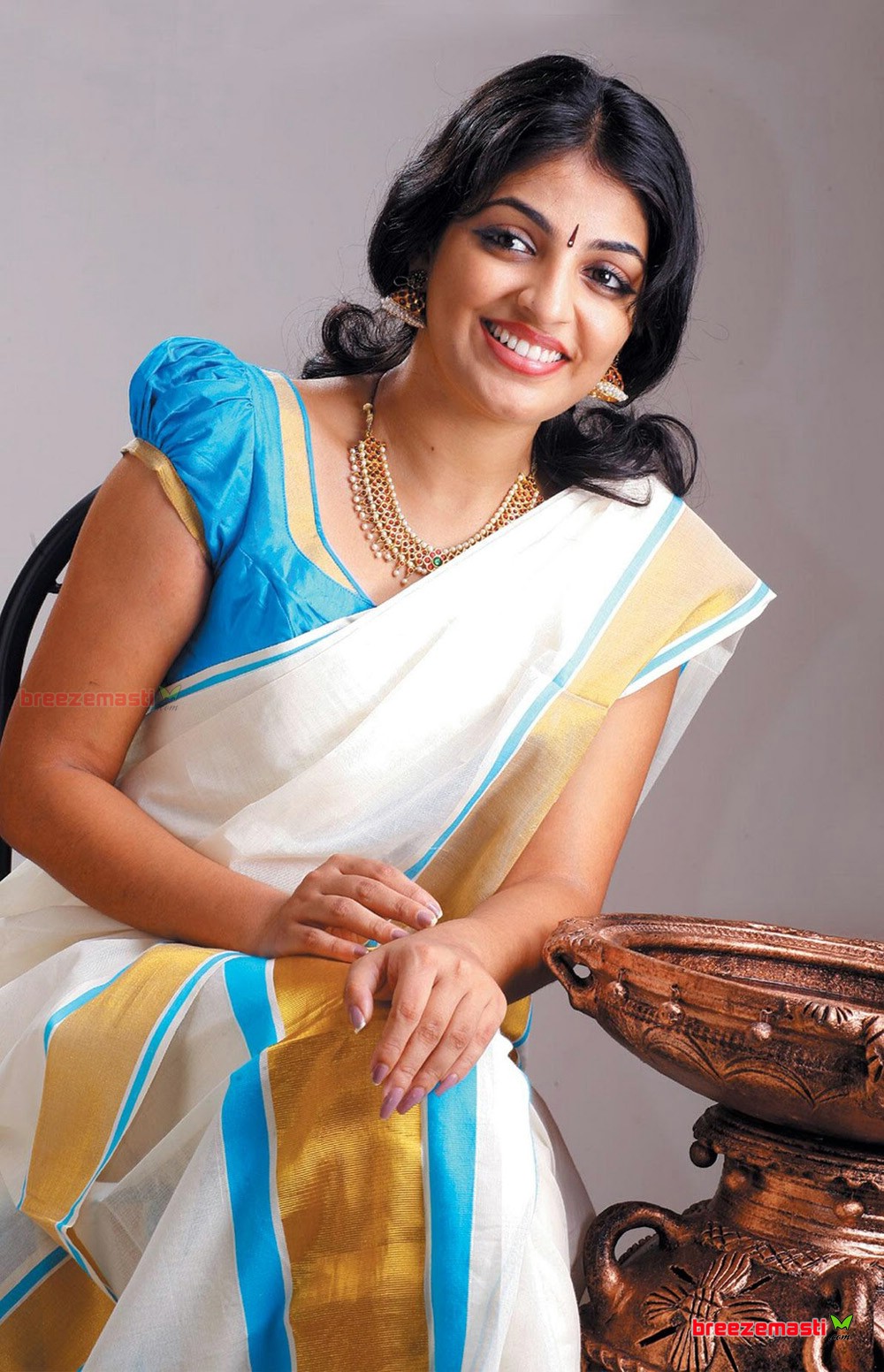
theglamouraidecoration Fashion Guide For Women
Women of Kerala wear sarees and blouse. During festivals, they wear set sarees called Kasavu. Men wear 'mundu' which is a long piece of a garment wrapped around their waist in a certain manner. Mundu, an integral part of Kerala Culture is similar to a lungi and a dhoti. Younger generations mostly wear western clothing.
CULTURAL DRESS CODE OF KERALA CULTURAL DRESS CODE OF KERALA
4,906 kerala traditional dress stock photos, 3D objects, vectors, and illustrations are available royalty-free.. Folded traditional Kerala kasavu saree wore by men and women during festivals, marriages. MEZHUVELII, KERALA - MAR 01: An unidentified Kathakali artists do make up before performance during the Shivarathri festival of the Shiva.